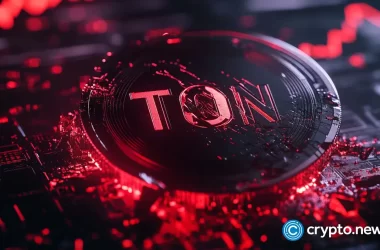- Local banks will offer custody, transfers, and crypto-to-fiat exchange services.
- The bolivar’s sharp depreciation has driven a surge in stablecoin adoption.
- Conexus currently processes nearly 40% of Venezuela’s electronic payments.
Venezuela is preparing to merge its struggling traditional banking system with digital currencies as payment giant Conexus plans to integrate Bitcoin and stablecoins into the national banking infrastructure.
The move, expected to launch in December 2025, marks a significant step in the country’s financial transformation, offering Venezuelans a regulated channel for cryptocurrency use.
With the bolivar’s persistent depreciation and rising adoption of stablecoins, this development could make Venezuela one of the first nations to formally blend fiat and crypto operations under a unified system.
The integration also reflects Venezuela’s long-standing struggle with international sanctions that have limited access to global banking.


